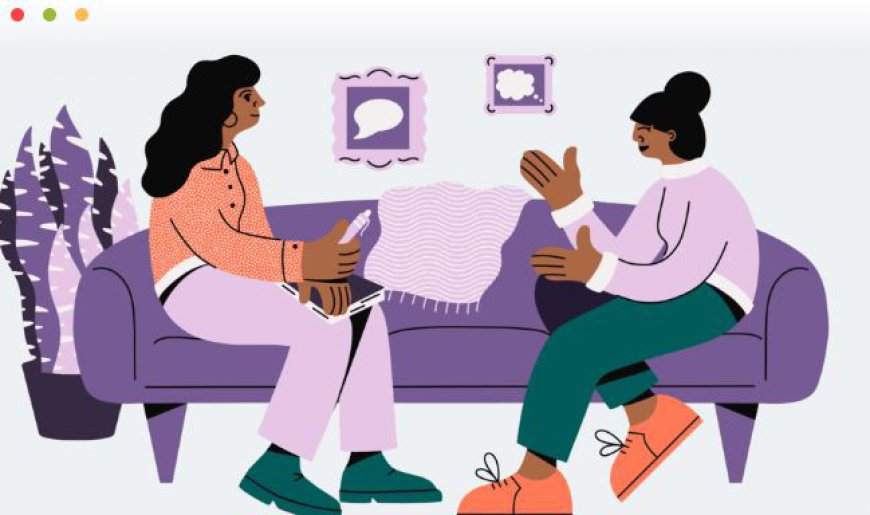AI therapists
Mental health care disparities are a pressing global issue, with millions of people lacking access to adequate emotional support due to geographical, financial, and systemic barriers. The World Health Organization (WHO) estimates that mental health conditions affect one in eight people worldwide, yet many go untreated due to the lack of resources and stigma surrounding mental health. AI therapists are emerging as a transformative solution to this inequality, leveraging technology to provide accessible, affordable, and culturally sensitive mental health care on a global scale.

Addressing Geographic Barriers
In many parts of the world, especially in low-income and rural regions, mental health professionals are scarce or non-existent. Traveling to access therapy can be financially or logistically unfeasible for many individuals. AI therapists eliminate these barriers by being accessible through smartphones, tablets, and computers. With internet connectivity expanding globally, these digital tools can reach even the most remote areas, bringing mental health support to people who previously had no access.
By making therapy as simple as opening an app, AI therapists ensure that individuals, regardless of location, can receive the care they need. This accessibility is particularly impactful during global crises, such as the COVID-19 pandemic, when traditional mental health resources are overwhelmed or unavailable.
Affordable Mental Health Care
Financial barriers are another significant contributor to mental health inequality. Traditional therapy can be prohibitively expensive, especially for individuals in low-income regions or those without health insurance. AI therapists provide a cost-effective alternative, offering high-quality mental health support at a fraction of the cost of in-person therapy.
Many AI therapy platforms operate on freemium models, providing basic services for free while offering more advanced features through affordable subscriptions. This ensures that essential mental health support is accessible to a broad audience, regardless of their financial situation.
Culturally Sensitive and Multilingual Support
Mental health care must account for cultural differences to be effective. AI therapists are designed to provide culturally sensitive support by understanding and adapting to the cultural context of the user. They can be programmed to recognize culturally specific stressors, taboos, and values, ensuring that their responses resonate with users from diverse backgrounds.
Additionally, AI therapists often support multiple languages, breaking down language barriers that prevent many people from seeking help. This multilingual capability ensures that mental health care is inclusive and equitable, reaching populations that are often overlooked by traditional mental health systems.
Scalability to Meet Global Demand
AI therapists are uniquely suited to address the global mental health crisis due to their scalability. Unlike human therapists, who can only assist a limited number of clients at a time, AI systems can support millions of users simultaneously. This scalability allows mental health care to be delivered on a global scale, addressing the vast unmet demand for support.
Proactive and Preventative Care
AI therapists are not only reactive but also proactive. By analyzing user interactions, they can identify early signs of emotional distress and offer timely interventions. This preventative approach helps individuals address their mental health challenges before they escalate, reducing the global burden of untreated mental health conditions.
Challenges and the Road Ahead
Despite their potential, AI therapists are not without challenges. Issues such as data privacy, algorithmic bias, and cultural nuances must be addressed to ensure effective and ethical care. Moreover, while AI therapists excel at providing basic support, complex cases often require the expertise of human professionals.
Conclusion
AI therapists are breaking down the barriers of mental health inequality by offering accessible, affordable, and culturally sensitive care. Their ability to reach underserved populations, provide multilingual support, and scale to meet global demand positions them as a critical tool in addressing the mental health crisis. As technology continues to evolve, AI therapists will play an increasingly pivotal role in creating a world where mental health care is a right, not a privilege, ensuring that no one is left behind.
